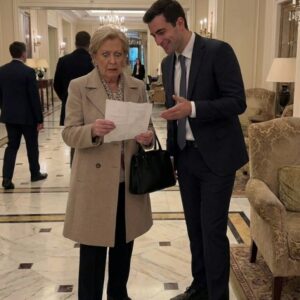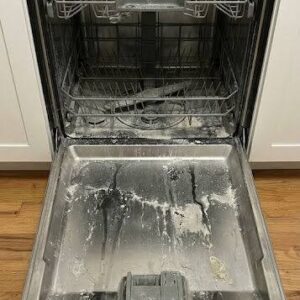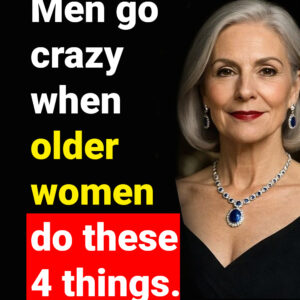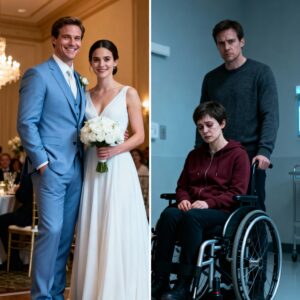When I was young, I hated the smell of bleach. It clung to my father’s clothes, followed him home from the school where he mopped floors long after the last student had gone. He would come in quietly at night, his boots squeaking against our cracked linoleum floor, and ask how my homework was going. I’d mumble something dismissive, pretending to focus harder on my books, secretly wishing he wouldn’t sit so close.
I told myself I was studying to escape that life — the life of secondhand uniforms, expired coupons, and that old mop in the corner. I wanted suits, not sweat. I wanted the law firm, the view from the 40th floor, the applause.
And I got it.
When I graduated law school, I didn’t invite him to the ceremony. I said it was “just a small thing.” When I bought my first car, he wanted to wash it. I told him I’d rather take it to a real car wash. When I got my first big case, I called him — not to thank him, but to prove something.
“See, Dad? I made it. Unlike you.”
He laughed softly. “I always knew you would, son.”
That was the last real conversation we had.
Months later, the call came. Heart attack. Quick, they said. Peaceful, they said. I didn’t cry at the funeral — I told myself I was too tired, too busy, too numb.
When I went to clean out his small apartment, I found it — a shoebox under his bed, wrapped in an old towel. Inside were newspaper clippings of every achievement I’d ever had: my spelling bee photo, my scholarship letter, even a torn piece of an old courtroom article with my name circled in red ink.
And under all that — a note.
In shaky handwriting:
“My hands stayed dirty so yours could stay clean. I’m proud of you, son.”
I sat on that worn carpet for hours, holding that note, surrounded by the quiet hum of a man I never really knew. The janitor I once resented had been building my future in silence.
That night, for the first time, I cried — not for what I lost, but for what I never saw while it was still standing right in front of me.





